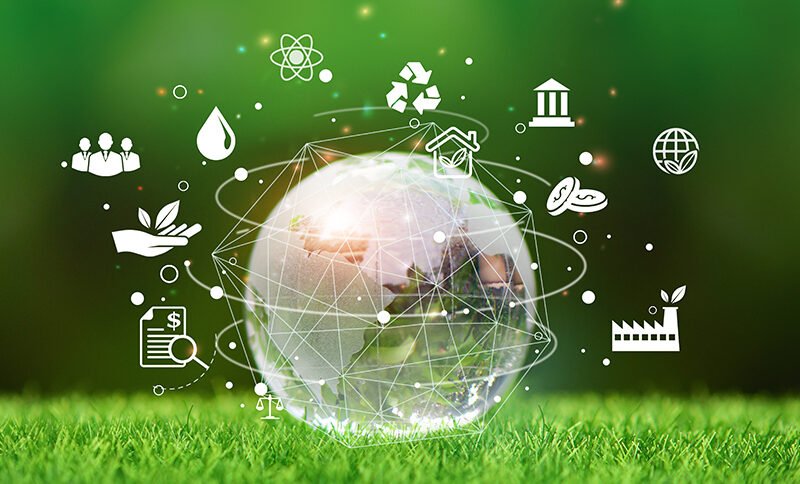Ensuring Energy Efficiency and Environmental Responsibility in Aluminum Extrusion
When it comes to sustainability in manufacturing, the materials and processes used play a significant role in minimizing environmental impact. Much like how custodial staff must regularly assess and maintain cleaning practices in long-term care facilities to prevent the spread of harmful pathogens, the aluminum extrusion industry must also establish robust processes to ensure eco-friendly and energy-efficient operations.
One of the most important steps in building a sustainable aluminum extrusion program is to audit and assess current production and waste management practices. This approach allows companies to identify areas for improvement, such as energy consumption, material waste, and recycling efficiency.
Conducting an Environmental Audit
Before setting energy-saving or environmental goals, it’s crucial to understand where inefficiencies lie. Conducting a comprehensive environmental audit helps evaluate energy use, raw material sourcing, and recycling efforts. This audit should assess how much energy is used in production, the percentage of recycled aluminum utilized, and how effectively waste is managed and minimized.
By tracking this data, companies can set clear, actionable priorities for improvement, such as reducing energy consumption in the extrusion process, increasing the use of recycled aluminum, and optimizing waste recycling programs. Just as an ATP test in a long-term care facility can provide data on cleanliness, a production audit provides valuable insight into operational sustainability.
Training for Sustainability
Once the audit is complete, the next step is to educate and train employees on sustainable practices. In the same way custodial staff learn about pathogen control, production teams need to be well-versed in energy-saving techniques and proper recycling procedures. This includes understanding how to minimize scrap during the extrusion process and how to maintain equipment for maximum energy efficiency.
Training staff on these best practices can lead to significant long-term benefits. For example, by optimizing the recycling of aluminum scrap, manufacturers can reduce raw material costs while significantly cutting energy usage—recycling aluminum requires only 5% of the energy needed to produce new aluminum. This leads to a reduction in both production costs and the company’s carbon footprint.
Implementing Sustainable Equipment Maintenance
Just as maintaining vacuums and cleaning equipment is vital in preventing bacteria growth, regularly maintaining extrusion machines ensures they run at peak energy efficiency. Well-maintained equipment reduces downtime, minimizes waste, and lowers energy consumption, all of which contribute to a more sustainable production process.
By creating a machine-maintenance program, manufacturers can ensure that their extrusion lines are operating with minimal energy loss and reduced waste. This helps not only in achieving sustainability goals but also in maintaining the quality and precision of the aluminum products produced.
Setting Long-Term Environmental Goals
Much like creating a cleaning program for long-term care facilities, aluminum extrusion companies should develop a long-term environmental strategy. This strategy can include:
- Increasing the percentage of recycled aluminum used in production.
- Implementing zero-waste initiatives that reduce or eliminate scrap material.
- Investing in energy-efficient machinery and renewable energy sources to power production lines.
By setting these goals and regularly reviewing them, manufacturers can ensure continuous improvement in their sustainability efforts, while also enhancing the environmental benefits of using aluminum—a material that is already known for its recyclability and energy-saving potential.
Conclusion: Building a Sustainable Future with Aluminum
Sustainability in aluminum extrusion is about more than just recycling—it’s about integrating energy-saving practices into every part of the production process. By conducting regular audits, training staff on sustainable practices, and maintaining equipment for efficiency, manufacturers can minimize their environmental impact while maximizing productivity and product quality.
As the demand for eco-friendly materials continues to grow, aluminum extrusion companies that prioritize sustainability will not only benefit the environment but also gain a competitive edge in an increasingly green-focused marketplace.


